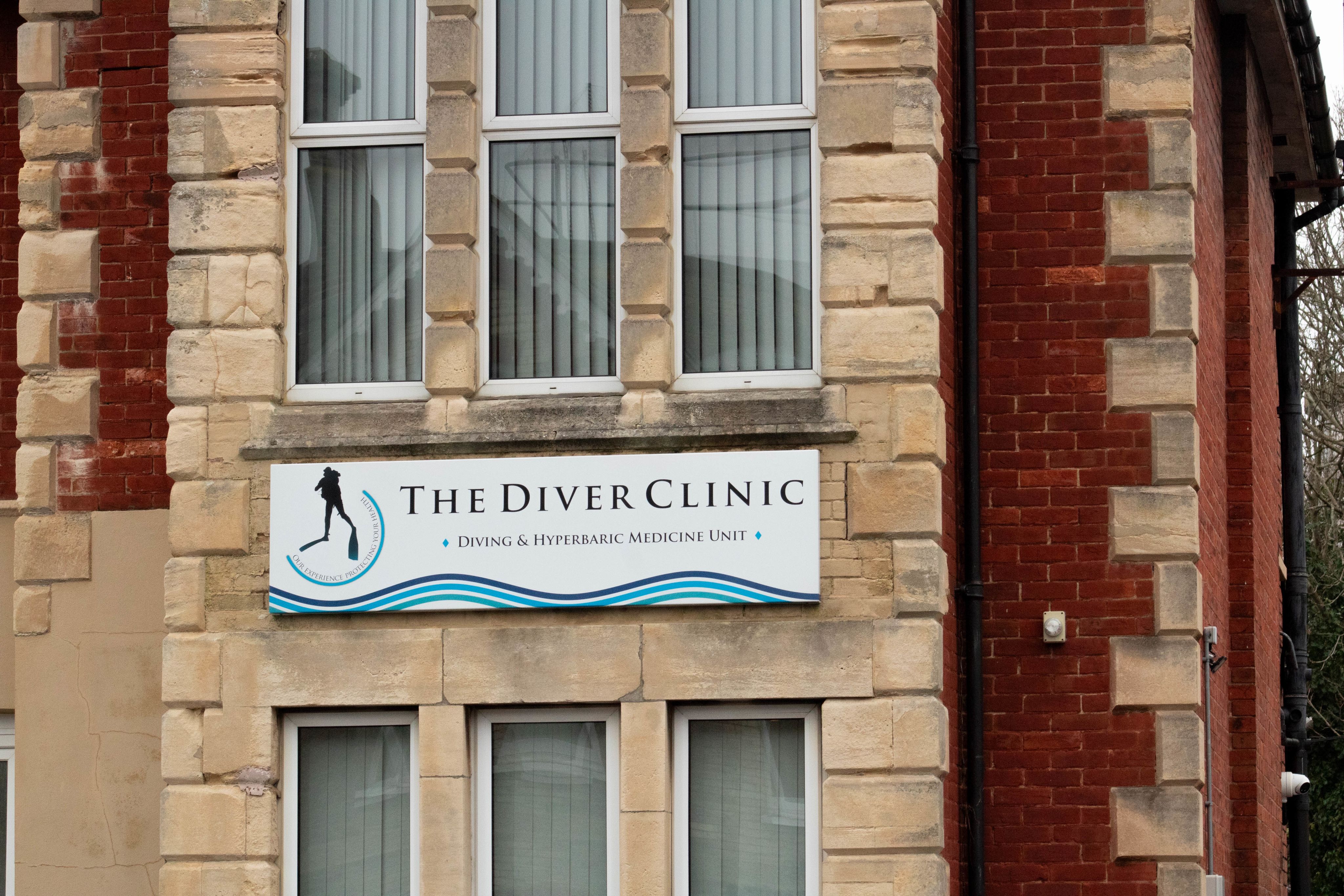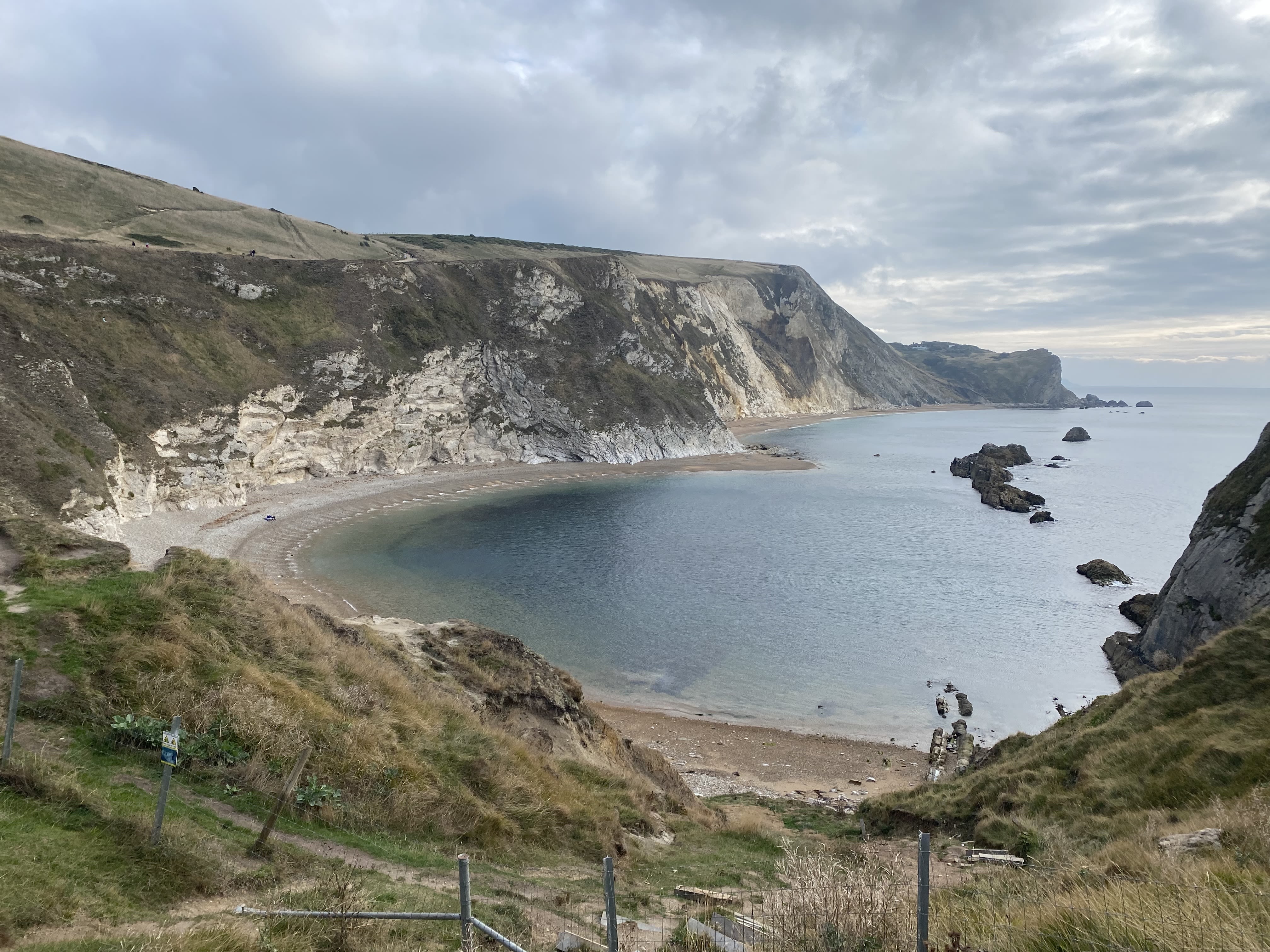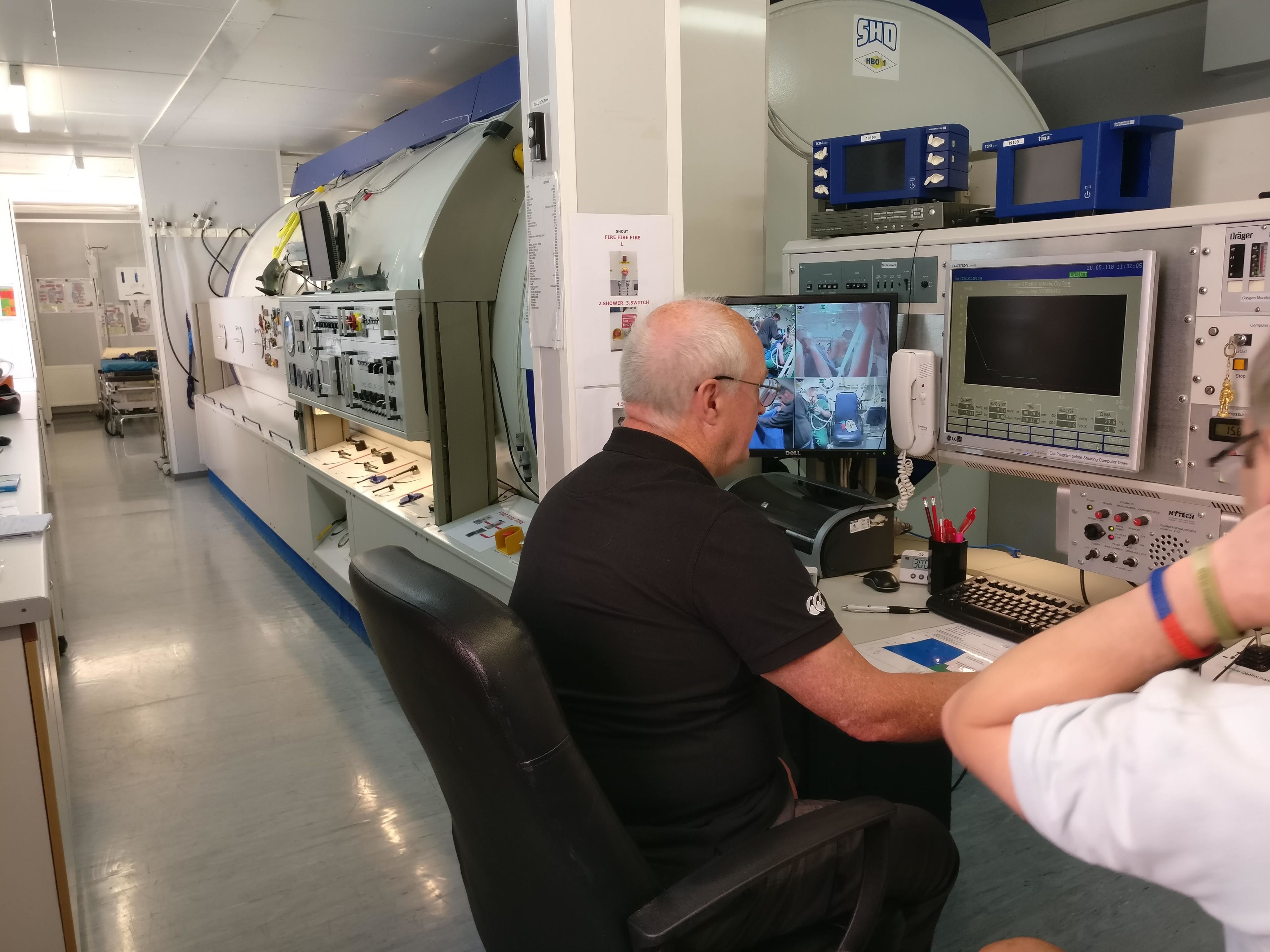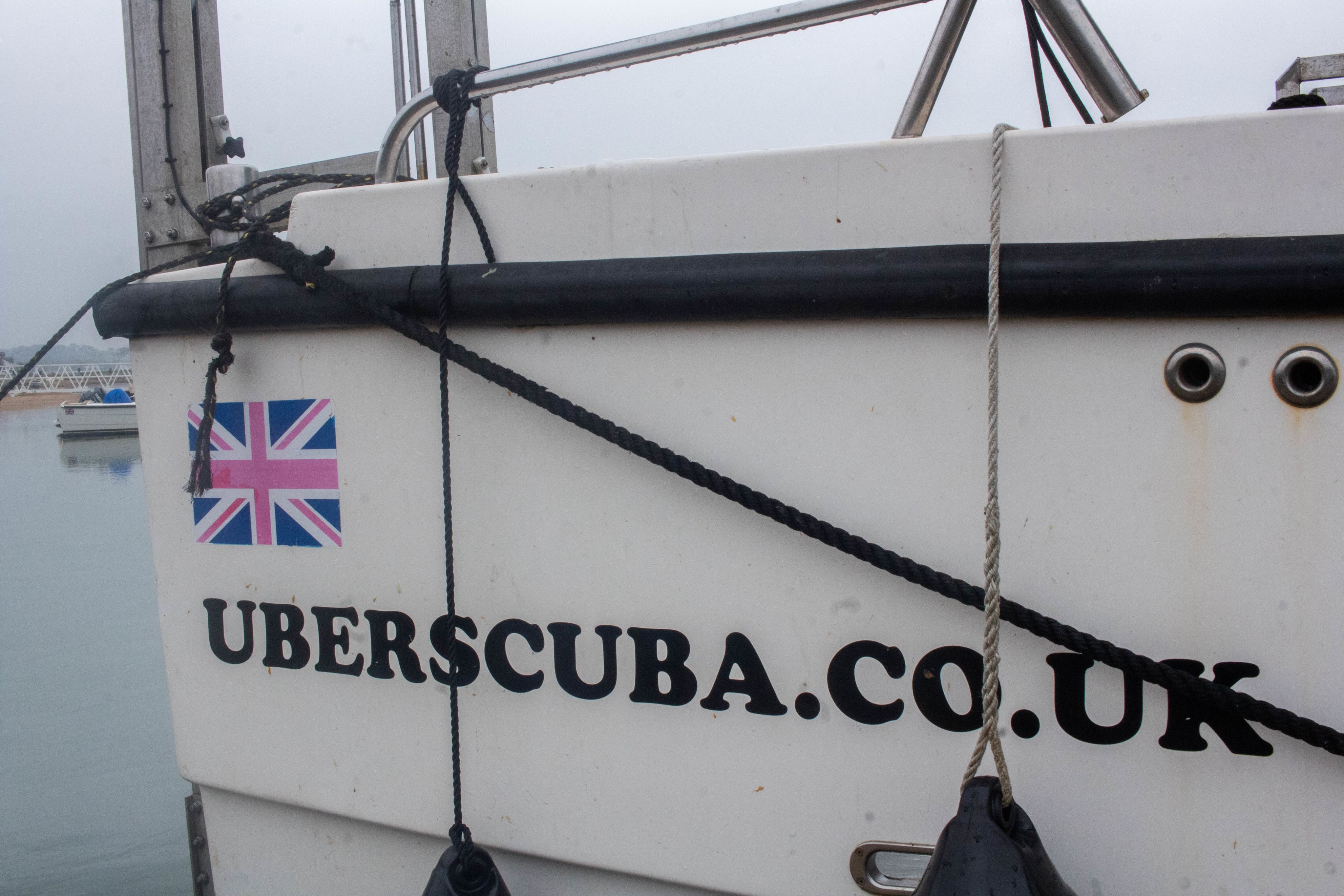Hyperbaric diving chamber in Poole set for closure ahead of NHS cuts
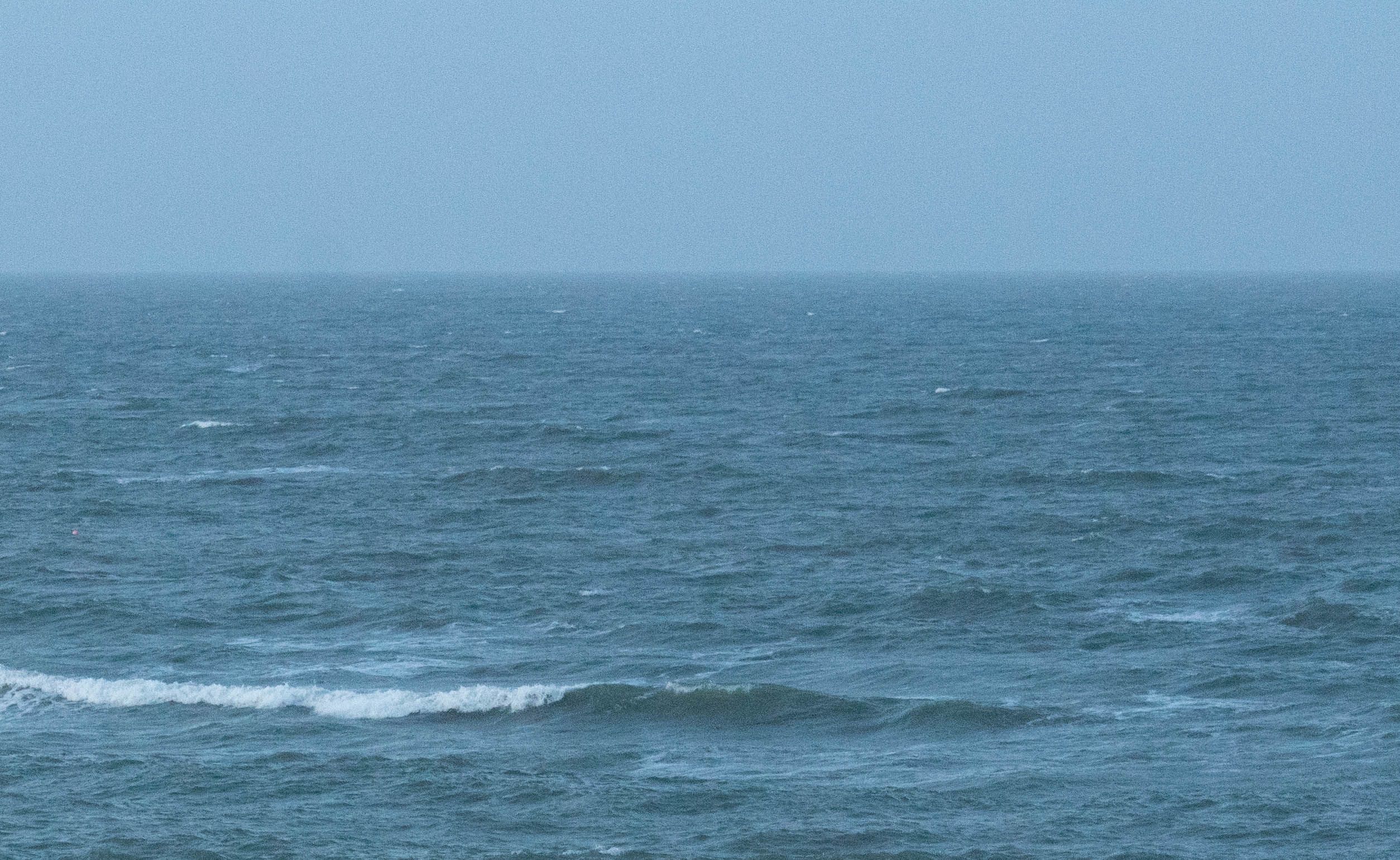
Following an NHS funding review, the region's diving and hyperbaric medicine unit will close to patients on 31st January 2025.
A week today, The Diver Clinic in Poole, home to one of just eight Category 1 decompression chambers on mainland Britain, will close permanently.
Decompression sickness (DCS) is a condition where nitrogen bubbles become entrapped in a diver’s body when not released properly in their ascent to the surface.
The condition can be fatal if those afflicted are not treated with immediacy.
“The spread of services has declined for a number of years now, as a community we’re worried" states Sophie Heptonstall, Head of Diving and Training for the British Sub-Aqua Club.
“In an emergency situation, divers need to be evacuated quickly. We’re always told about the importance of treatment within that first six hour window.”
To the west, the closest hyperbaric treatment to be found is in Plymouth, 123 miles away. To the East, St Richard’s Hospital in Chichester, 69 miles far.
Stephen Munro, director of the Diver Clinic, stated that the move to close the chamber on the 31st of January has been made in alignment with the NHS, with “multiple commercial, contractual and operational factors" having been evaluated.
The Diver Clinic in Poole - Photo by Rowan Fear
The Diver Clinic in Poole - Photo by Rowan Fear
The clinic is recognised and designated by the NHS to provide NHS Hyperbaric Oxygen Therapy for decompression illness and injury, commonly known as the bends.
First opening in 1992, the facility was established to provide emergency care for divers in the central English Channel region.
The clinic have liaised with Poole Hospital, HM Coastguard and Southwestern Ambulance Service over the three decades they have operated.
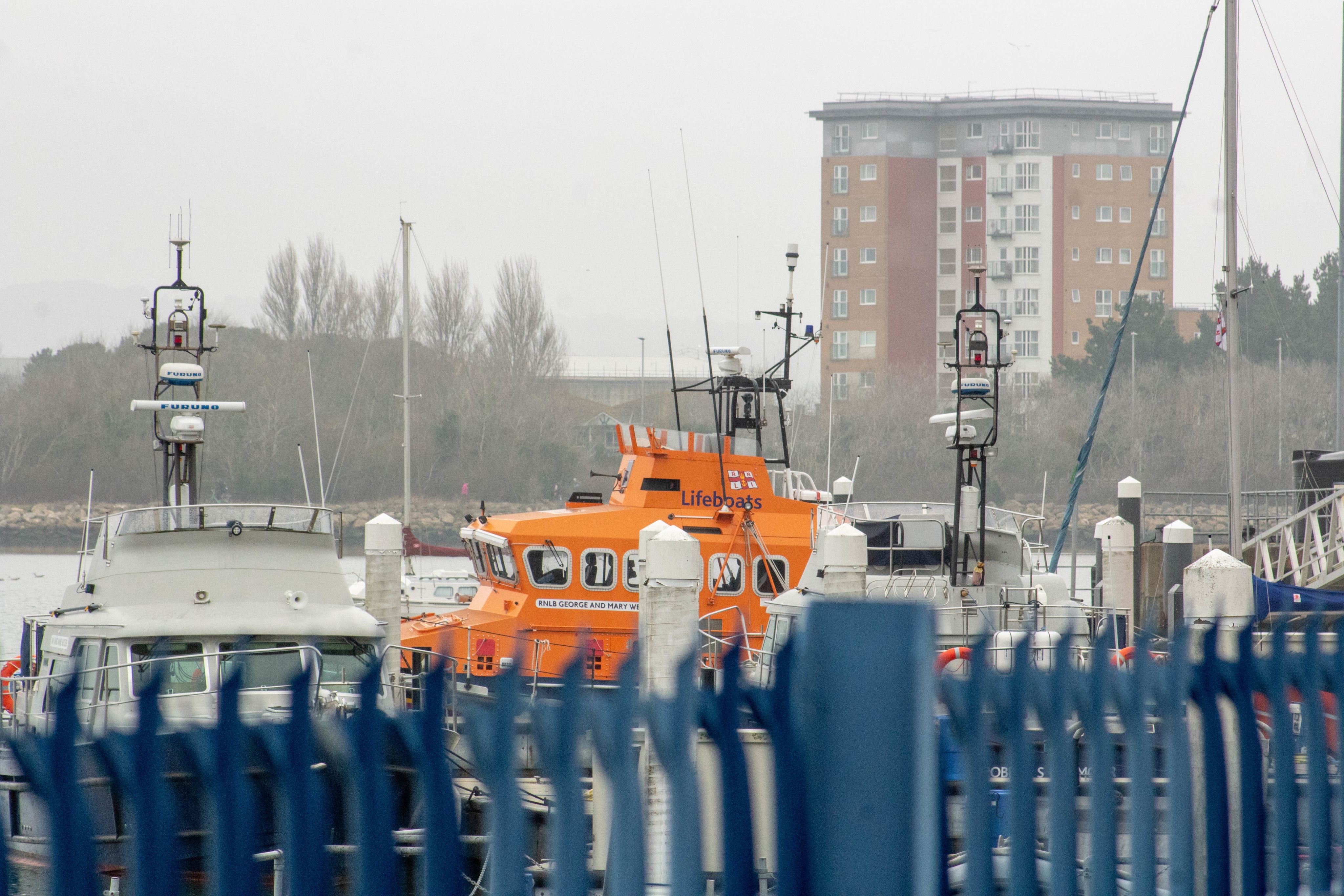
Dorset county is one of the British scuba community’s most beloved, with popular dive sites at Swanage, Portland and Studland.
A number of historic wreck dives attract summer diving tourism along the region’s coastline.
Lulworth Cove - Photo by Utku Huseyin
Lulworth Cove - Photo by Utku Huseyin
The loss of the Poole hyperbaric clinic has been a cause for concern for those within the Dorset diving community.
Leon Butler, co-owner of Dorset Diving Services explained the critical nature of a decompression incident.
“Those first minutes are crucial, whilst that bubble is causing an obstruction, your body is causing damage to itself. It’s really important we get someone to a chamber as quickly as possible.”
A hyperbaric recompression chamber - Photo from Dorset Diving Services
A hyperbaric recompression chamber - Photo from Dorset Diving Services
“At a recompression chamber, they’ll take you back down to ‘depth’ and squash that bubble back down” he elaborated. “You’d also breathe different gases when in the chamber to help flush that nitrogen out of your system.”
The hyperbaric chamber provided advanced life support as recently as last summer for Luke White, a diver involved in an accident in Swanage.
An uncontrolled ascent meant he began experiencing symptoms of DCS and required an emergency airlift to the Poole clinic.
“If it wasn’t for the quick and responsive effort of all involved in my diving incident of June last year, where I experienced a rapid ascent off the coast of Dorset, it could’ve been a lot worse, fatal even.”
Luke received immediate hyperbaric oxygen therapy at the clinic and was able to recover entirely.
“Having these chambers strategically positioned across the UK is imperative to ensure that divers get the care they need as fast as possible. The closure of the Poole Clinic is going to put even more strain on our emergency services and potentially put lives at risk."
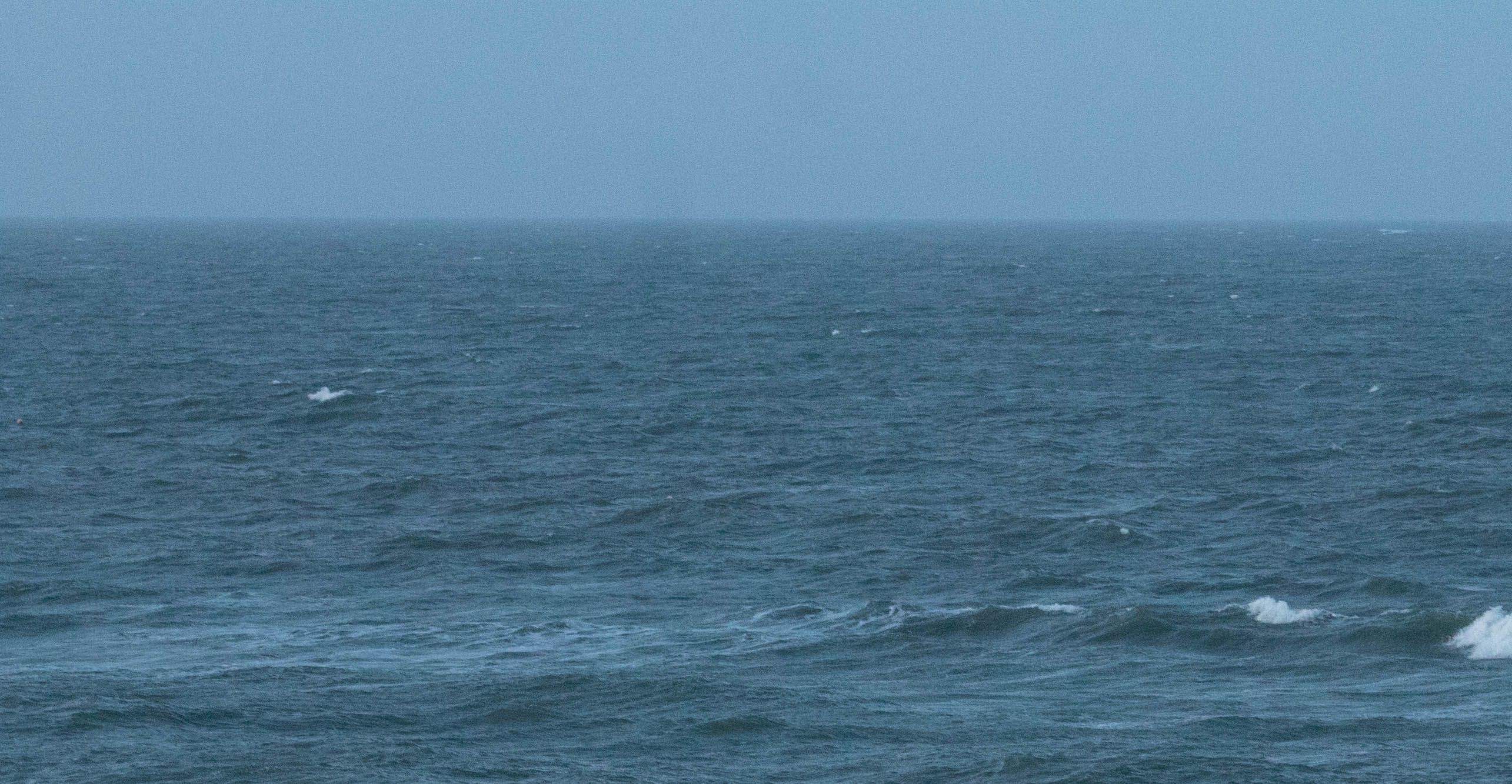
In September of last year, the NHS performed a review of the current hyperbaric oxygen services in England, proposing a reduction of the eight available facilities to six.
A survey was conducted to assess the necessity of facilities in the area, yet was unable to prevent the closure of the Poole clinic, with the NHS deciding to withdraw their funding.
Heptonstall felt that the decision will only cause a greater sense of insecurity for local divers.
“We’re aware that lots of difficult decisions are having to be made on budgets, but we’re acutely aware of the chambers themselves" she explained. "Not just Poole, but others, losing a lot of their potential funding. Without that funding they can’t operate.”
The Head of the BASC affirmed that it wasn’t just about the number of chambers, but the training and expertise of the staff at each site, many of whom are volunteers.
Trevor Small, Skipper of ‘Rocket’, the charter boat on which Dorset Diving Services operate, emphasised an understanding of the circumstances the NHS is currently in.
'Rocket' charter vessel - Photo by Rowan Fear
'Rocket' charter vessel - Photo by Rowan Fear
“We’re all sad about it. But the NHS is going through turmoil at the moment, rather than moan about it we’ll just deal with it. Hopefully at the end of the day, the casualty, the person that matters most here, doesn’t suffer.”
The clinic have relayed their gratitude to those critical to the chamber’s operation in its decades of service.
“The Diver Clinic would like to thank the dedicated, diligent and exceptionally experienced long-standing team members who have delivered the service in Poole” stated Stephen Munro.
The clinic “would also like to thank the emergency services, maritime search & rescue and medical support organisations who have all worked closely with us to save so many lives over the last three decades.”

